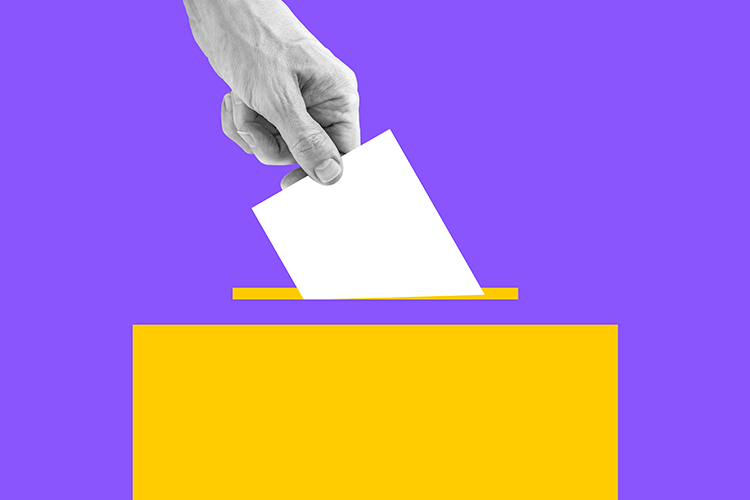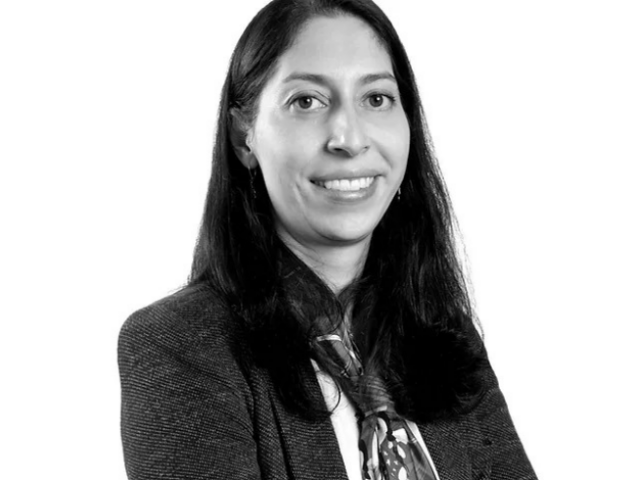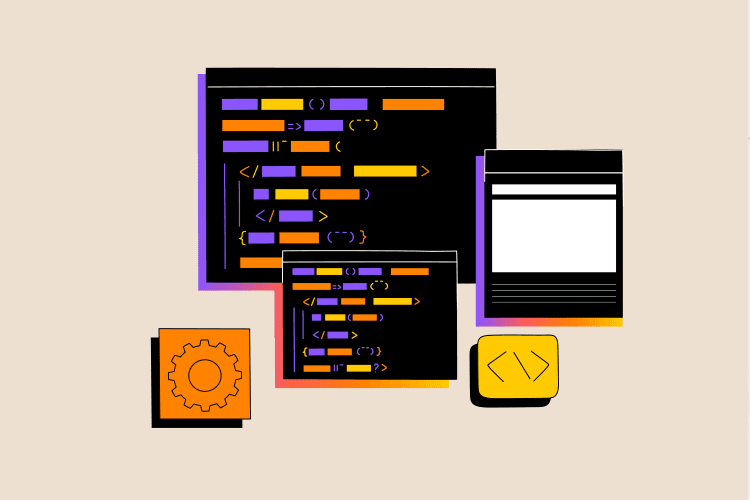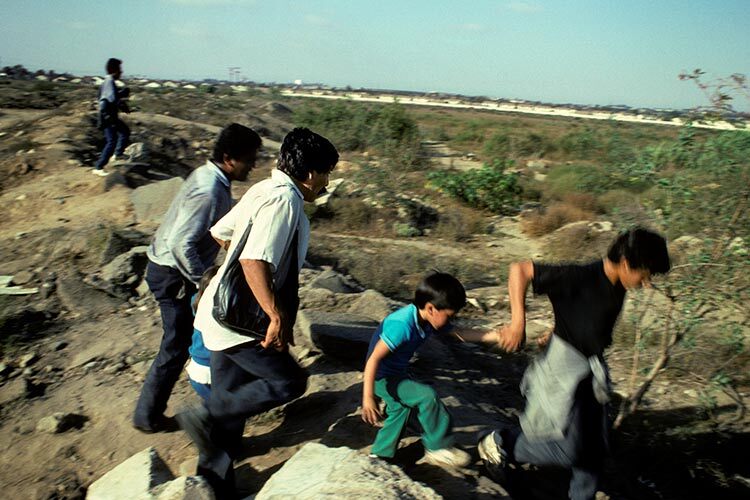In recent years democracy faced challenges and threats that weakened it in some regions and countries.
Martha Barbara Ochman, a researcher at the School of Social Sciences and Government of Tec de Monterrey explains that, among the biggest threats to democracy, is the lack of citizens’ interest and their ability to engage in democratic processes.
“What threatens democracy today is the loss of the ability and interest to debate, the very essence of politics”, adds Ochman in one of her articles on the future of democracy.
This decrease in citizen interest led Ochman and Jesús Cantú to develop a system for analyzing citizen competencies as an option to strengthen democracy.
The researchers published their findings in the study Consolidating Democracy in Times of Disenchantment. An approach from citizen competencies.
Better citizens
Ochman and Cantú define citizenship as the right to participate in a community peacefully and responsibly to generate public welfare.
This formation of citizens committed to democracy is a priority in regions such as the European Union, which is included in its Educational Agenda 2020.
Ochmann and Cantú worked for more than a decade on the development of a proposal for promoting citizen competencies to generate greater participation by people in their democracies.
“In this context, it is understandable that international organizations, educators, and many political and social actors, proclaim the need to move from electoral democracy to democracy of citizens,” they say.
In 2005, they began studying citizenship competencies in populations of high school and university students in Mexico. By 2017, they had created a model of eight citizen competencies.
The eight citizen competencies
After a decade of work, the researchers developed a model to measure and promote these eight citizenship competencies:
- Integrates social perspective into its reasoning and seeks the common good/justice
- Respect and value diversity
- Understand what democracy consists of as a system of government
- Participate democratically in public space
- Respect and value legality
- It exercises authority democratically and applies citizen control mechanisms of power
- Applies the mechanisms and values of democracy in everyday life
- Accept and resolve conflicts peacefully
These competencies work together when a citizen takes action in favor of democracy, such as participating in peaceful rallies.
For example, a citizen participating in a rally demonstrates the competence of “Participate democratically in the public space”, but also knowledge, skills, and attitudes of other competencies such as “Accept and resolve conflicts peacefully” and “Integrate social perspective into their reasoning and seeks the common good/justice”.
Competencies are just a first step
The eight citizen competencies seek to help strengthen democracy in what both researchers call “times of disenchantment”, promoted during educational processes.
They point out the importance of not only seeking the development of these competencies in school, for example, during high school and university stages, but also from governments, and even the media.
The researchers explain that a low level of skills causes frustration and the feeling that citizens cannot change the political system, leading to a distance from participating in public space.
With their study, Ochman and Cantú don’t seek to condemn but to design strategies to strengthen these competencies and also democracy.
As they concluded, “It is just a first step to be able to think of multiple ways to strengthen ourselves as citizens who seek to live in a democratic society and ensure that future generations do not have to live under an authoritarian regime to value and defend democracy”.
















